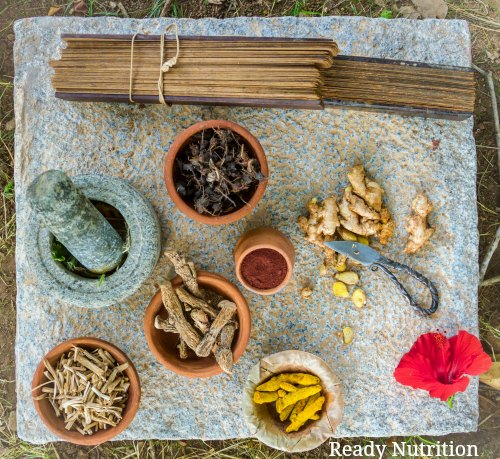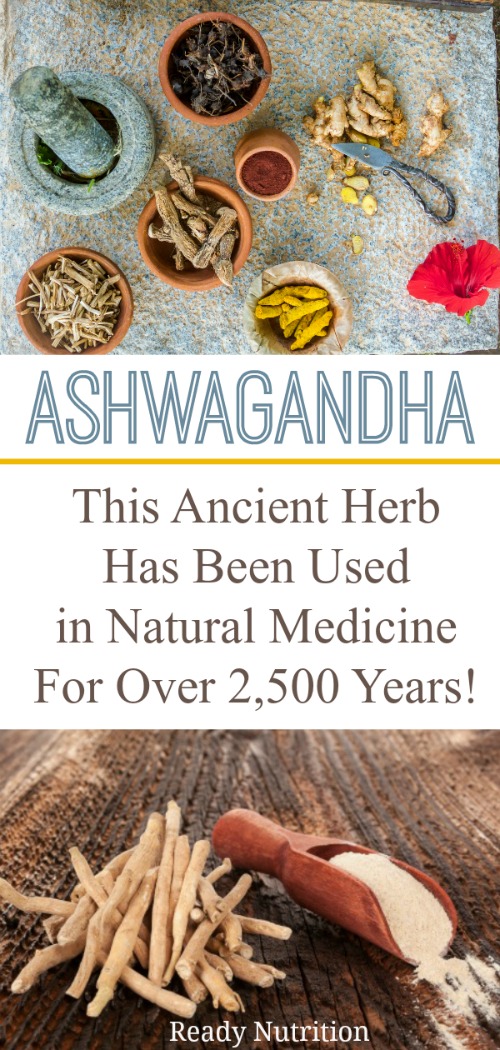
For those who are not familiar with it, Ayurvedic medicine is the medicine that is traditionally used in the nation of India and has been in practice for more than 5,000 years. The interesting thing is that we’re exploring the herb for its qualities known to traditional Western medicine, as well as in the context of American Sports Nutrition.
How Ashwagandha Can Improve Health

Ashwagandha can be taken in pill, tincture, or capsule form. It is an anti-inflammatory that bolsters the immune system, relieves the pain and swelling of inflammation, and it reduces anxiety. Yes, it is a stress-relieving herb that works on mild to moderate depression, as well as enabling physical recovery from strenuous work or exercise.
The herb is an adaptogen, a term used to describe an herbal substance that has a homeostatic effect on an organism. What this means is that it works to bring your body into balance if there is an overage or a shortage that results in a person’s condition. For example, if a person is hyperglycemic (too much blood sugar), an adaptogen will lower that blood sugar and bring the person closer to normal values. If the individual is hypoglycemic (low blood sugar), the adaptogen will work in the opposite direction and raise the blood sugar closer to normal.
Most scientists do not know why an adaptogen works the way it does. To Herbalists and other Naturopaths, the reason is not as important as the fact that the results can be documented and monitored, as well as the amounts a person needs to take in order to achieve those results. The principle of Herbalism is that the whole herb (in whatever form it is consumed) is more effective than any of its individual constituent parts taken alone. Examples of other adaptogens include ginseng (the most well-known and widely used).
Ashwagandha also works on male infertility, and at dosages of around 2,000 mg per day will help with low testosterone and low libido. In much the same manner as ginseng, Ashwagandha enhances the human body’s ability to deal with stress. It also improves reaction time, mental clarity, and performance as it relates to physical exercise and work. Although there is no general consensus on the exact dosages across the board, following the packaging instructions from the manufacturer will ensure you take what is needed. Usually, a dosage of approximately 500 mg either 1 to 2 times per day with a meal will suffice.
The good thing about such adaptogens is that they can be used to supplement a workout routine and help to reduce recovery time for a person. When taken routinely, Ashwagandha is very productive for athletes, people working physically-demanding professions, and for stress…basically everybody! Check it out in one of your grocery stores or in your health food concerns after clearing it with “Dr. Happy,” your friendly family physician. It is not expensive, and it delivers a lot of benefits without any side effects or precautions. JJ out!

